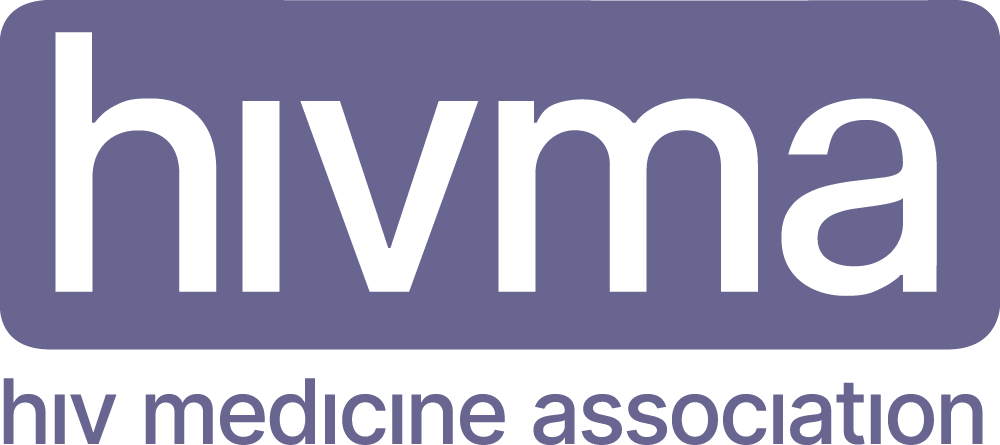IDSA, HIVMA Recommend Criteria for Easing COVID-19 Control Efforts
The Infectious Diseases Society of America and its HIV Medicine Association warned today that prematurely easing social distancing measures put in place to curtail the spread of COVID-19 will risk increased infections and deaths, incapacitated health care facilities, and prolonged economic hardships. Stressing that physical distancing policy changes must be based on relevant data and adequate public health resources and capacities, IDSA and HIVMA released recommendations calling for a rolling and incremental approach to lifting these restrictions.
This rolling approach must reflect state and regional capacities for diagnosing, isolating and treating people with the virus, tracing their contacts, protecting health care workers, and addressing the needs of populations disproportionately affected by COVID-19.
The recommendations stress that changes to current physical distancing policies should only begin when widespread testing allows accurate surveillance of the coronavirus spread. A significant expansion of tests, testing, personal protective equipment (PPE) and other medical supplies, and public health workers is still needed to reach the level of testing and surveillance necessary to safely reopen the country. Some continued measures will be necessary pending the development and availability of proven treatments and a vaccine, the recommendations note.
The recommendations, which will be updated in response to developments, also call for specific steps to build nationwide capacities and supply chains to detect, prevent, and respond to the spread of COVID-19.
IDSA and HIVMA have continued to emphasize that decisions to ease restrictions put in place to curtail the spread of COVID-19 should not, under any circumstances, be made on the basis of an arbitrary date, but on scientific evidence and public health readiness.

